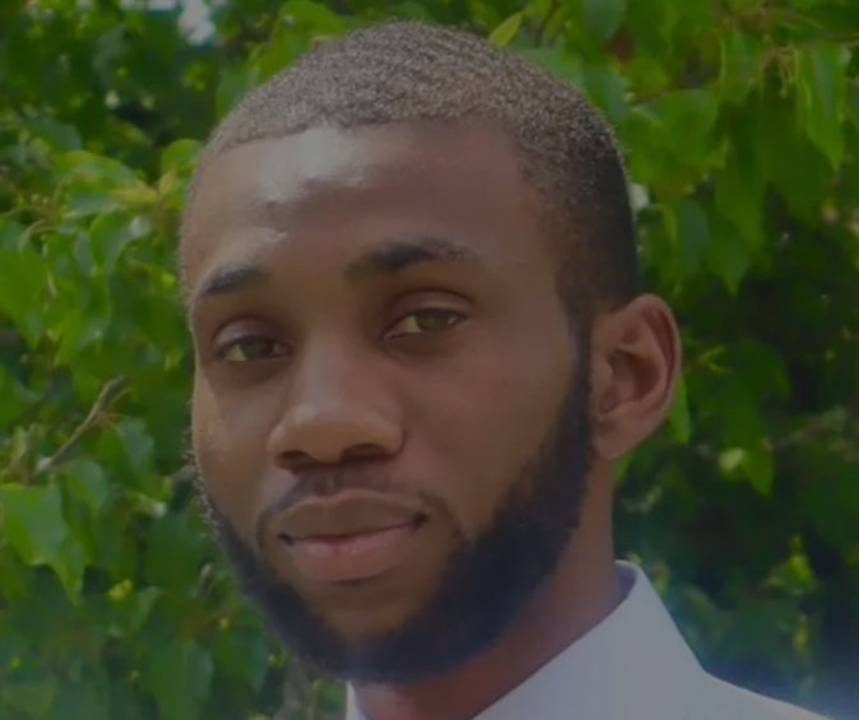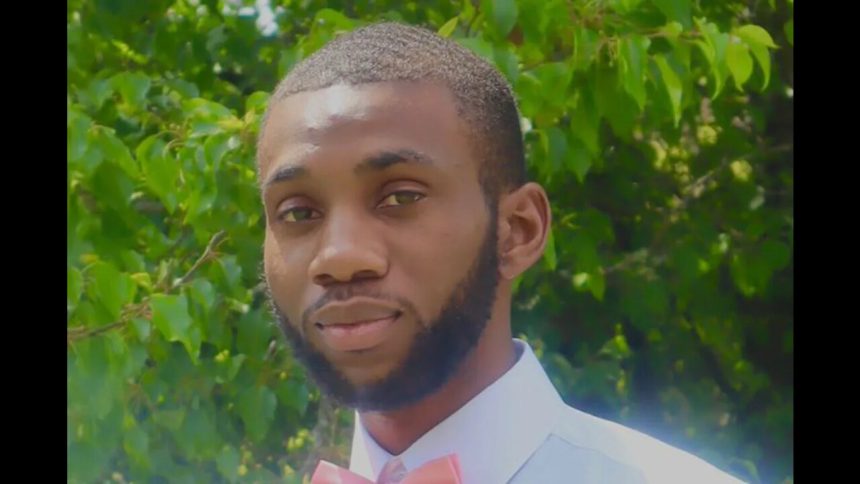The Delta State University campus in Cleveland, Mississippi, was supposed to be celebrating a milestone—100 years of history—on Monday, September 15, 2025. Instead, the day began with a devastating discovery that cast a pall over the entire community. Just after 7 a.m., a 21-year-old student named Trey Reed, also called Demartravion “Trey” Reed, was found hanging from a tree near the campus pickleball courts. Authorities were quick to respond, with University Police Chief Michael Peeler stating there was no initial evidence of foul play and assuring students the campus was safe. But by midday, the centennial festivities were canceled, classes were called off, and the university was plunged into mourning—and intense speculation.
Trey Reed was a young Black man from Grenada, Mississippi, described by friends as a “kind soul” with a bright future. As the news spread, so did a disturbing video of the scene on social media, amplifying the anguish and triggering painful historical echoes. While officials urged patience pending an autopsy, a TikTok user claiming to be Reed’s cousin alleged he had been brutally beaten, with broken arms and legs, and called his death a lynching.
The Bolivar County Deputy Coroner, Murray Roark, directly contradicted this, stating he saw “no broken limbs” and believed the death was “self-done.” But in a state with the highest number of documented lynchings in the U.S., many found it impossible to separate Reed’s death from that horrific legacy.
You Might Like: Who is Bill Ackman? Inside His Israel Advocacy
Who Was Demartravion “Trey” Reed?
Trey Reed was more than a headline. He was a 21-year-old student from Grenada, Mississippi, who brought light into the lives of those around him. Friends remembered him as someone with a quiet demeanor, a strong work ethic, and a personality that could light up a room. He had aspirations of working in public service, a goal that reflected his desire to make a positive impact on his community. The suddenness and brutality of his death have left those who knew him grappling with unimaginable grief.

His family, thrust into a living nightmare by the graphic video of his death circulating online, pleaded for privacy and respect. His mother, through a statement shared on Facebook, made a heartfelt request: “On behalf of my family, I ask that you please not share the very graphic video of Trey. For some of you, it’s information, entertainment even, but for us it’s a living nightmare.” This simple appeal highlighted the human tragedy at the center of a story rapidly becoming a national flashpoint.
A Complicated Investigation and a Community’s Anger
The official investigation, involving campus police, the Mississippi Bureau of Investigation, and local sheriff’s departments, is ongoing. While authorities have been consistent in their preliminary finding that there is “no evidence of foul play,” they have also stressed that a full autopsy is needed to determine the exact cause of death. This cautious approach, however, has done little to quell the public reaction.
For many, the image of a young Black man found hanging from a tree in Mississippi in 2025 is inextricably linked to the state’s long and violent history of racial terror. As the Equal Justice Initiative has documented, Mississippi was the site of more than 650 lynchings of Black people between 1877 and 1950. This context fuels deep skepticism toward official narratives. Social media has been flooded with comparisons to past cases like those of Raynard Johnson in 2000 and Lennon Lacy in 2014, Black teens whose hanging deaths were ruled suicides by officials but questioned by families and civil rights advocates.
Also See: Which NFL Teams Honored Charlie Kirk?
The rumor mill exploded when a TikTok user identifying as Trey Reed’s cousin claimed to have information that Reed was “beaten and bruised” with “both his arms broken and he had a broken leg.” This allegation, though firmly denied by Deputy Coroner Roark, has gained traction among those who distrust the initial police assessment. It has also sparked calls from civil rights groups and online activists for an independent or federal investigation to ensure transparency and accountability.
As Delta State University offers counseling services to students and plans prayer vigils, the story of Trey Reed is still being written. It is a story of a promising life cut tragically short, a family’s profound pain, and a community—and nation—once again forced to confront uncomfortable questions about race, justice, and how we respond when history seems to echo in the most chilling ways. The truth of what happened to Trey in the early hours of September 15th remains to be seen, but the impact of his loss is already undeniable.



